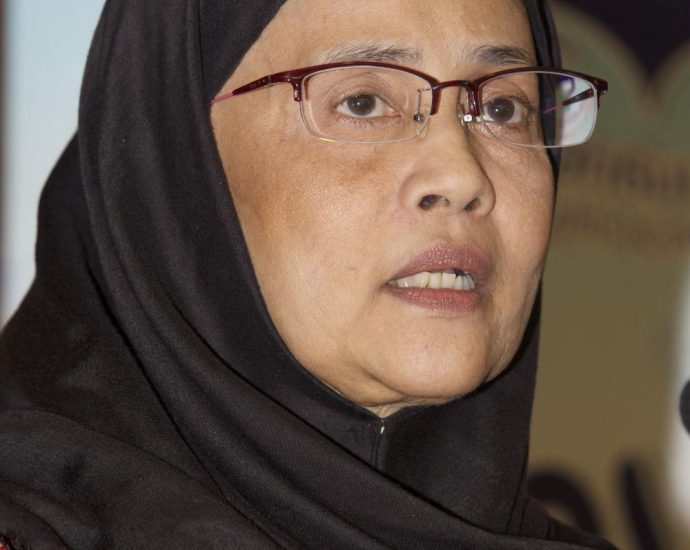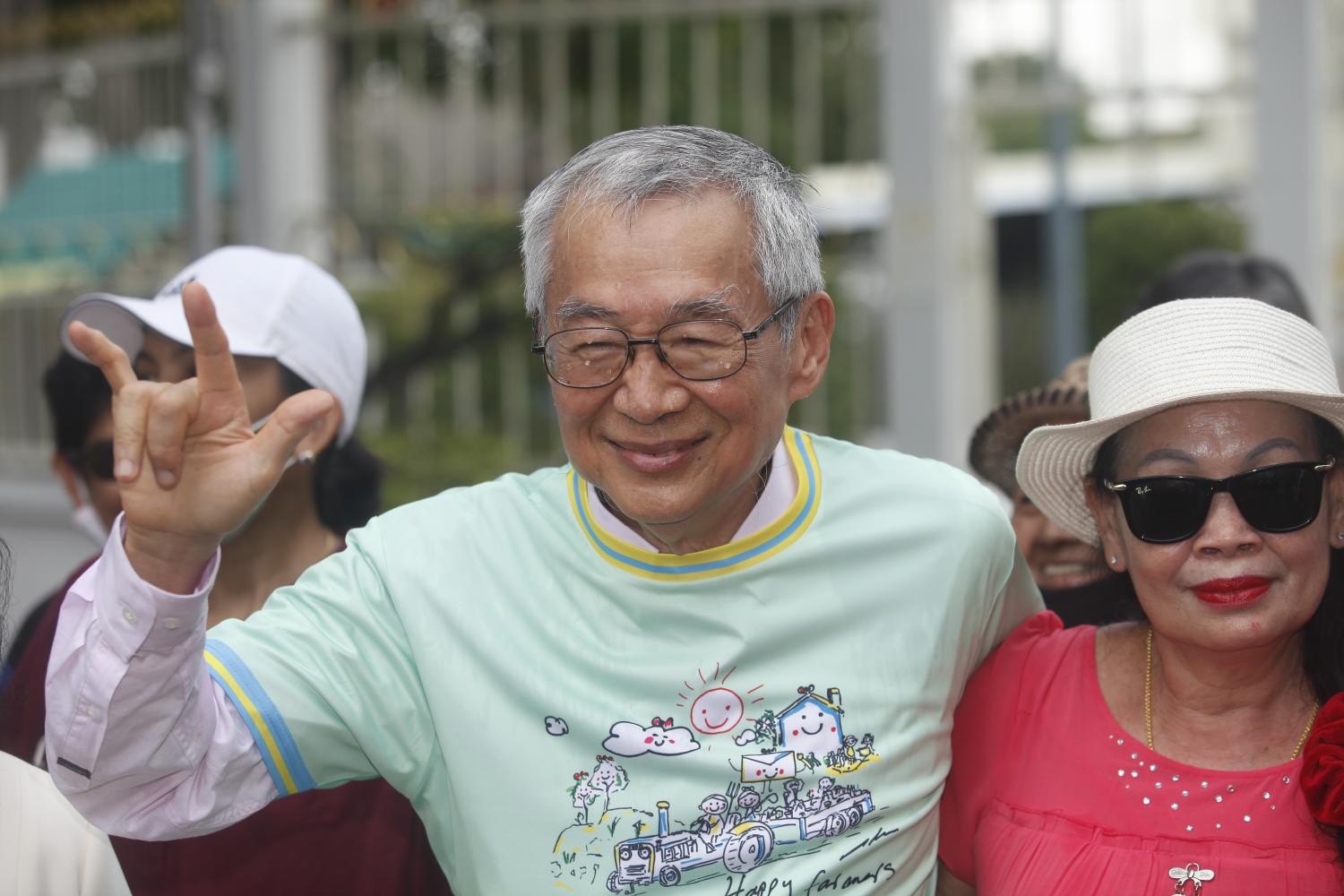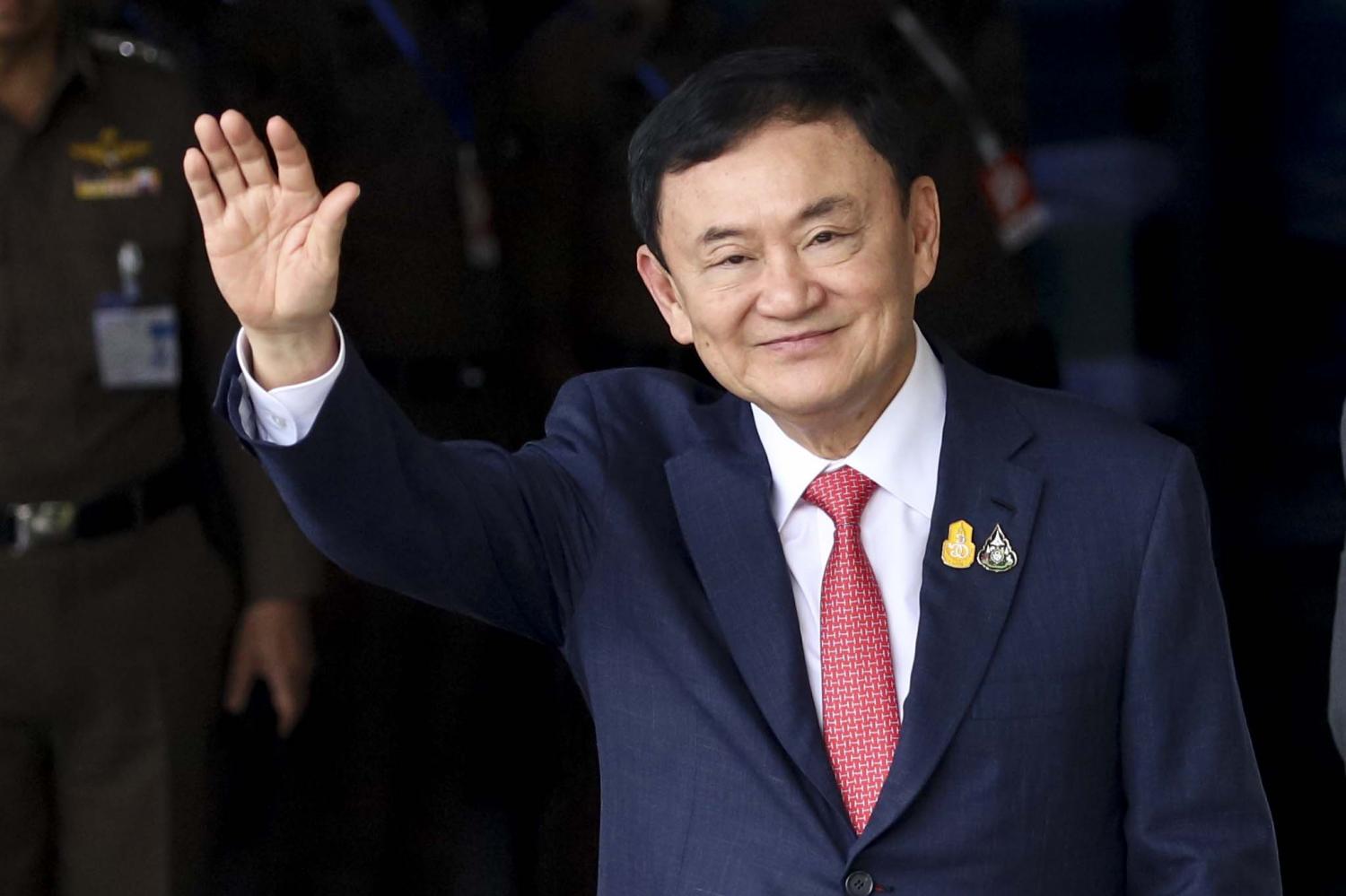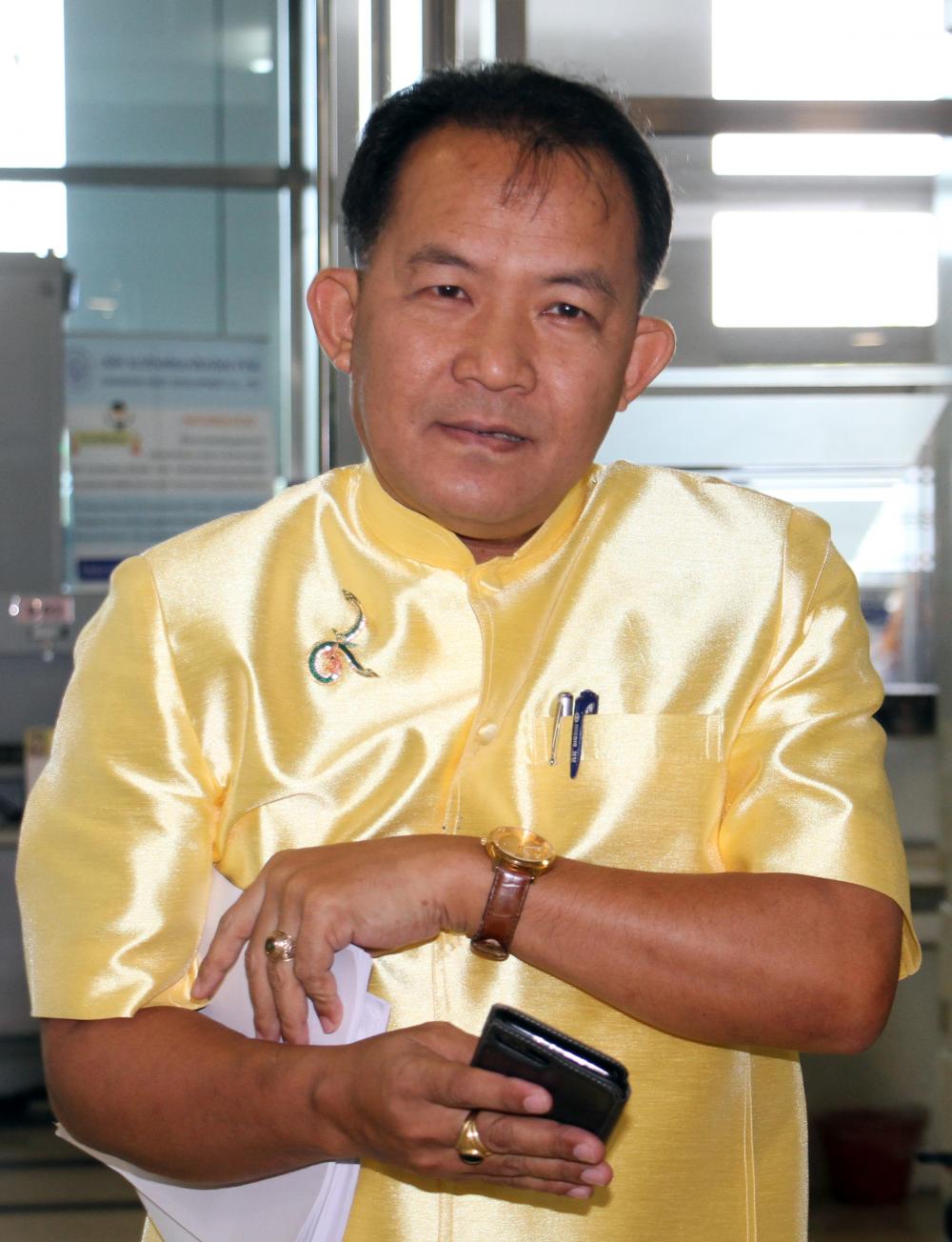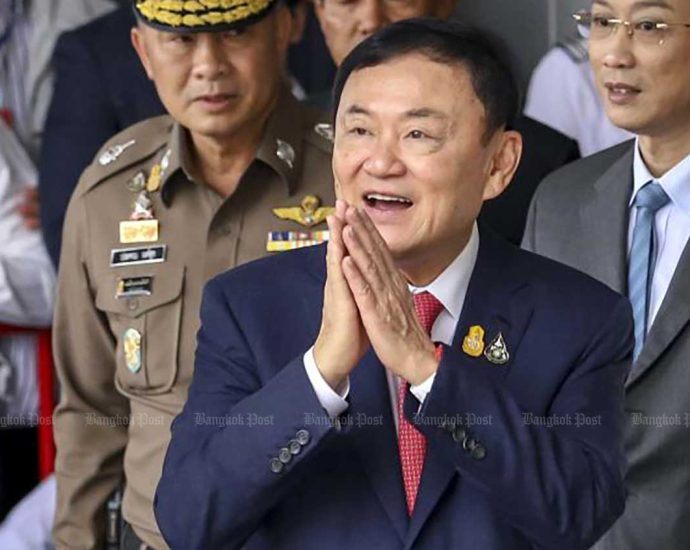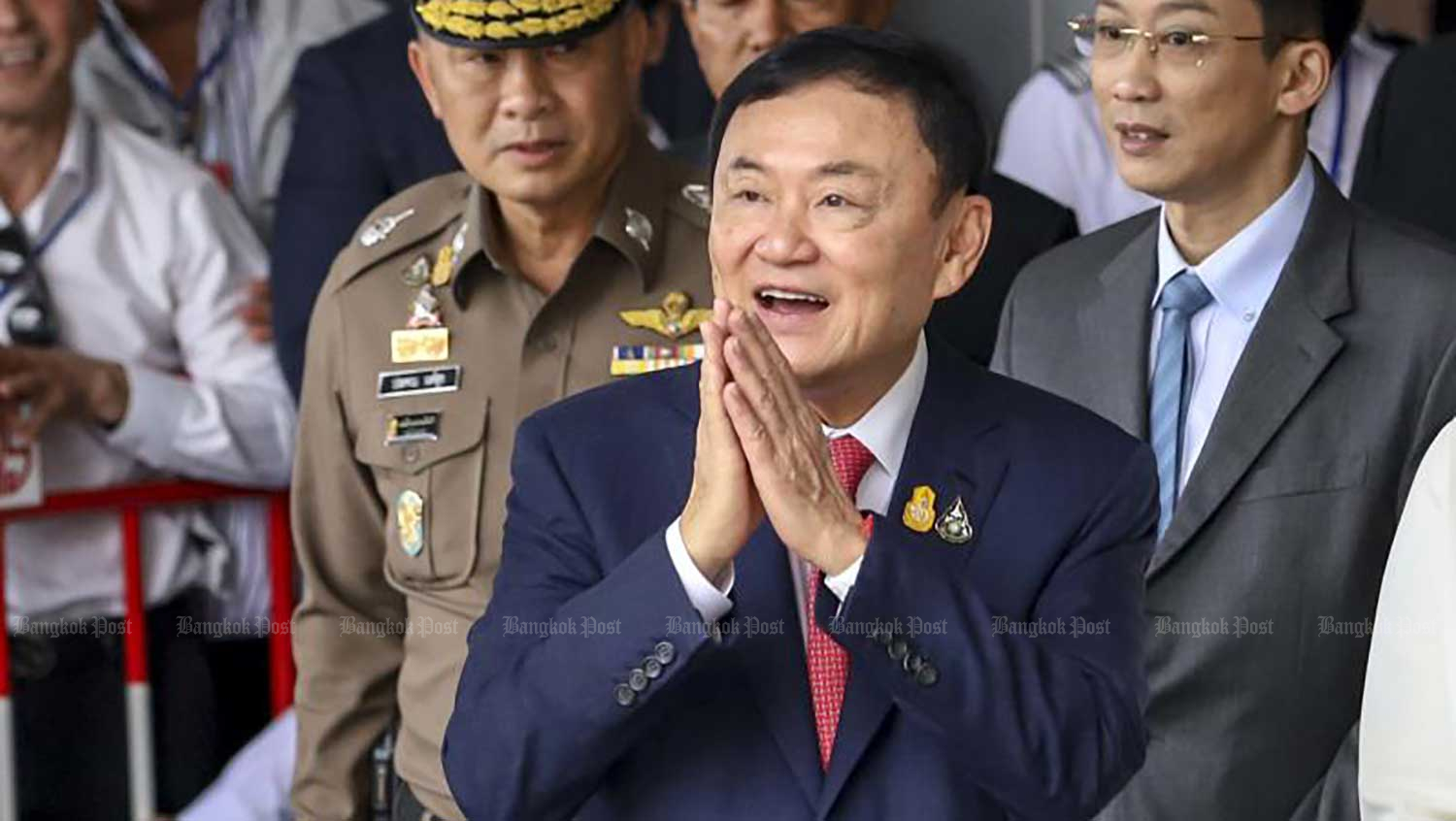Indonesia to court Thai investors

PUBLISHED : 28 Aug 2023 at 04:30
Indonesia has launched a three-month plan to promote people’s diplomacy in Thailand.
Speaking at the launch of the “Indonesia Fair: Know Indonesia Better” event hosted by the Indonesian Embassy in Bangkok over the weekend, Ambassador Rachmat Budiman said Indonesia will organise a series of activities during the next three months to boost trade and tourism and enhance people-to-people diplomacy.
Held at Central Court in Central World as part of the Indonesia Trade, Tourism, Investment and Culture Forum, the event also showcases Indonesian premium products such as Batik textiles, clothes, woven fabrics, crafts, culinary delights and travel fairs.
On Sept 15, the Indonesia-Thailand Business Forum will be hosted at Centara Grand at CentralWorld to attract investors and boost the bilateral economic activity between the two countries, he said.
At the same time, the forum also aims to urge Thai investors to invest in Indonesia’s new capital city named Nusantara in East Kalimantan on Borneo. Thai investors being targeted include those with involvement in the basic infrastructure, medical and wellness sectors, he said.
On Sept 17, a wide range of Indonesian cultural performances and showcases will be hosted at Pic Ganesha Theatre Siam Square.
From Oct 4–29, the Indonesia-Thailand Collaborative Painting Exhibition will be hosted at the National Gallery on Chao Fa Road in Bangkok.
“I hope this series of programmes can serve their purpose of connecting and further strengthening trust, confidence, and people-to-people contact between the two countries and will bring mutual benefit to our communities,” he said.





